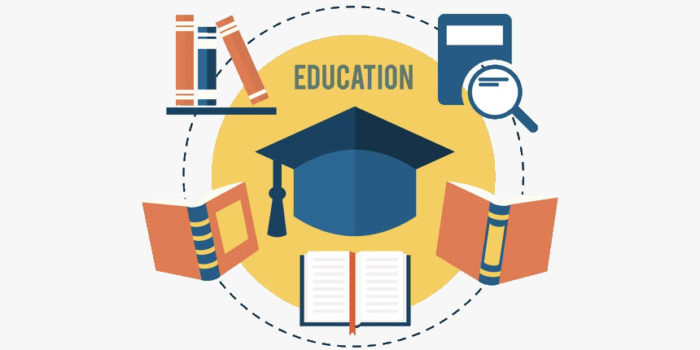Employers commonly perform background checks as a final step of the hiring process. A background check usually includes education verification, employment history verification and reference checks. Credit history, criminal record and medical tests are also included sometimes, based on the nature and sensitivity of the job.
Many employers, especially mid and small-sized companies, often skip the education verification step. It is even more common when they are hiring professionals who have been in the industry for years.
Companies claim that employment history and a reference check are sufficient in vetting a candidate. They mention that it usually takes too long to verify academic credentials and get the schools’ results.
However, education verification is as critical as other background checks. Just like employment history and reference checks, a candidate’s educational credential is also prone to misrepresentation or fraud. According to the stats from ADP Canada, 21% of resumes contain fraudulent degrees.
I have heard of many cases where people didn’t finish their education but acted like they have gained the degree/diploma, and employers had no clue about it. One of the most extreme cases could be Marilee Jones, the dean of admissions at MIT, who was caught lying about her education.
Some companies do verify educational credentials. However, they simply ask candidates to provide confirmation letters or scanned certificates to save time and cost. The documents provided by the candidates could be fabricated, and no one would be able to verify the authenticity.
A better practice is requesting that schools confirm a potential hire’s completion of a degree, diploma or certificate. However, it could take a long time to receive the result from a school’s registrar.
This is the most common practice in large corporations, and it can be very frustrating to the candidates because they don’t have a clear idea when to give notice to their current employers.
To shorten and simplify the verification process, some universities and colleges have partnered with third parties, such as Digimaat, to provide an online education verification service. Those external institutions have signed an agreement with schools to guarantee the privacy of students’ information.
Upon graduation, students from these schools will receive a code for online academic credential verification. They can then provide the code to an employer when the hiring process gets into the stage of background checks. Employers can use the code to log into the third party’s online system and check the candidate’s education credential.
This is an ingenious practice. By doing this, schools don’t have to use time and labour to process requests from employers. Employers, in turn, don’t need to wait a long time to get their positions filled due to degree verification delays. What’s more, students/candidates can use the code whenever educational verification is required; it can be for new employment, higher-level school application, or even an apartment rental.
Candidates can verify their educational credentials in many ways. Choosing the most time-efficient and cost-effective verification approach can protect a company’s best interests. It can also shorten the recruitment cycle, providing a better candidate experience. Hence, it enhances the company’s image.




